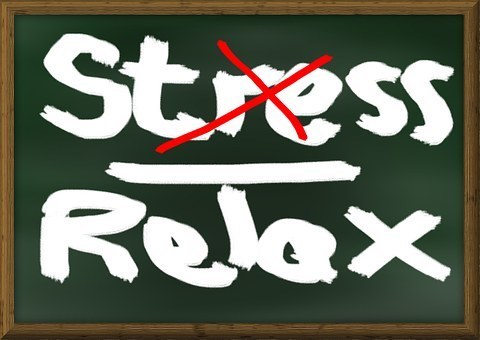What is a headache journal?
A headache journal or diary is a record you keep of when you experience a headache or migraine, usually for the purpose of identifying a pattern or cause of the headaches.
Are they a good idea?
Yes and no. While they can be useful in helping to identify a cause or trigger for your headaches, they also draw your attention more and more to your head symptoms, which can emphasise your headaches. We all know when we focus on something painful, it often becomes more painful, so keeping a fastidious diary for long periods of time is not recommended, as it focusses all your attention on the headaches.
What should I do?
If you suffer from headaches regularly, keeping a diary for a short period of time (eg. 1-2 months maximum) may be helpful in identifying patterns or triggers.
What should I record?
You should note all of the factors you think could be relevant to your headaches. The below list is quite extensive, so you may not need to log every detail. Select the factors you suspect might be most important in relation to your headaches.
- The date of each headache
- How severe it was, which side of your head and how long it lasted
- The time of the headache
- Did you wake up with it, or did it start towards the end of the day?
- Diet
- What did you have to eat before the headache started?
- How hydrated were you? Had you had any water? (or had you drunk caffeine or stimulants such as coffee?)

- Fatigue
- How tired have you been, and have you had good amount of sleep* lately?
- *Fitness/activity trackers that help you keep track of sleep can be useful!
- Medication
- Had you taken any medication recently, or done anything different to your usual routine?
- Stress
- How would you rate your stress level (eg. out of 10) in the 24 hours leading up to the headache

- How would you rate your stress level (eg. out of 10) in the 24 hours leading up to the headache
- Neck strain
- Does your neck feel stiff and sore? Or have you done any activities lately that put extra strain on your neck? (eg. painting, long drives in the car, heavy lifting, using a different pillow)
- Eyesight
- Have you been challenging your eyesight? (eg. lots of screen time/reading) Have you been wearing your glasses.
- Oestrogen
- If you feel your headaches might be linked to cyclical fluctuations in oestrogen, keep a record of your period.
- Any other factors you think might be relevant.
This list is by no means exhaustive, but will help you to identify links with some common headache triggers. If you have concerns that your headaches are worsening, are severe, or are changing in any way, it is always a good idea to see your GP as there can be other causes that are important to identify.
Physiotherapy is often beneficial if your neck is tight, as this can contribute to a lot of headaches, even in the presence of other triggers/factors as well.
The key message is that Headache/Migraine Diaries can be helpful if used for a short time, but can be detrimental if they become a strong focus or all-consuming without an obvious reason for keeping the diary. Once you have identified certain triggers, you can then start to address and minimise their impact but avoiding or reducing them.

